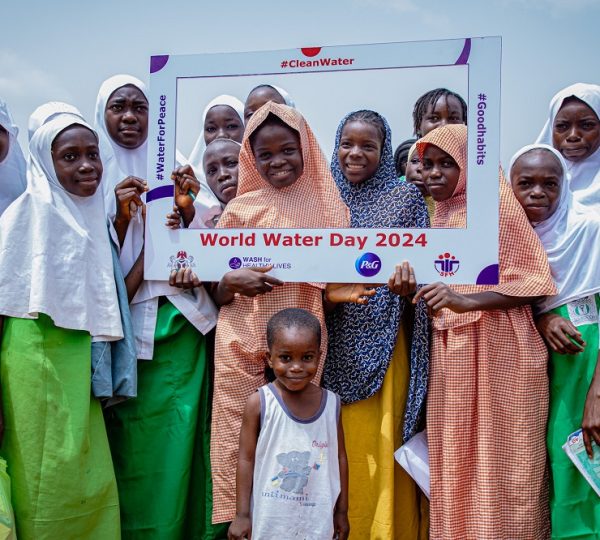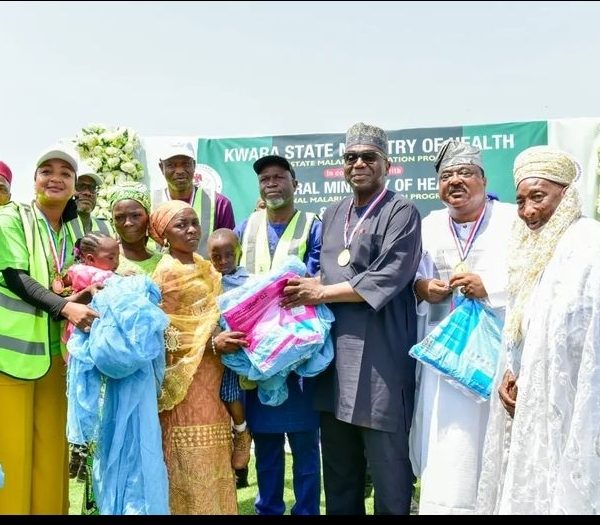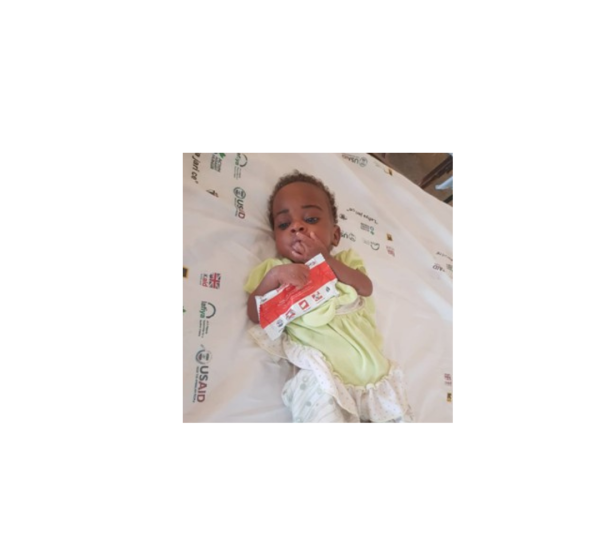Expanding Access to Service Delivery, a step-in combating COVID-19 in FCT Nigeria
Nnamdi Anosike, Joshua Folorunsho, and Ekerette Emmanuel Udoh
Coronavirus disease (COVID-19), an infectious disease caused by the SARS-CoV2 virus, was declared a public health emergency of international concern on the 30th of January 2020. By the 27th of February 2020, Nigeria, a country with a population of over 200 million people, recorded its first case (NCDC, 2020). To date, 264,014 cases and 3,148 deaths have been recorded in 36 states and the Federal Capital Territory.
Public Health Response
While the disease impacts the health and welfare of citizens, its emergence in the country showed us the extent of low preparedness and response to combating the large-scale epidemic. At the onset of COVID-19 in Nigeria, there were only five laboratories in four states able to test for COVID-19. While testing capacity has increased substantially, through the initiatives of national, state, and private sector agencies and organizations, testing volumes are still insufficient in the country. To continue to curb the spread and reduce the burden of COVID-19 disease, initiatives to decentralize testing are a key strategy to achieving desirable coverage for COVID-19 testing.
Issues with Access to COVID-19 Testing
Notably, the issues of cost and turn-around time for COVID-19 testing with the use of Polymerase Chain Reaction (PCR) tests remained a major challenge in testing for COVID. With the few governments, commercial and private laboratories accredited nationwide for testing especially in urban areas, most of these laboratories are known to charge very expensively for COVID-19 testing, as many people complain about the high cost of the test (averaging N30,000 – N60,000 per testing). Following the approval of the use of Rapid Diagnostic Tests (RDTs), testing for COVID-19 became accessible and cost-effective (as some facilities provide the services with a little cost while some for FREE).
Increasing access with the use of rapid test
The introduction of antigen rapid testing for COVID-19 has added enormously to the scale of testing for COVID-19. RDT has become an important tool to identify infected people and break infection chains. This is recommended to scale up testing for COVID-19 and can be carried out by trained healthcare providers. RDT is a simple test device that does not require a laboratory to conduct the test. With RDT testing is possible in locations such as schools, offices/workplaces, prisons, camps, and other similar congregate settings. In hospitals, RDT is recommended for testing of healthcare workers who are exposed to a confirmed COVID-19 case, patients with symptoms of COVID-19 presenting in hospital triage areas, non-symptomatic patients before elective surgery and/ or emergencies, contacts of a confirmed case, and periodic testing of health care workers.
Testing in Hard-to-reach area in FCT using RDT
Society for Family Health (SFH) in the effort to promote universal coverage and equitable access partnered with Federal Capital Territory Administration Department of Public Health (FCTA-DPH) and NCDC on the initiative to increase testing for COVID-19 testing in all the 6 Area Councils of the FCT. The initiative explored the use of available community health structure such as Patent and Proprietary Medicine Vendor (PPMV), Community Pharmacist (CP) and Primary Health Care (PHC). The service providers were trained and certified for the provision of RDT testing and linkages of cases to designated state treatment centers. So far, more than 201 facilities and outlets across rural and urban locations in the FCT currently provide COVID-19 testing services. SFH also provide logistics support and the provision of commodities. This has made COVID-19 testing services easily available and accessible in the state.
Increasing the decentralization of testing for COVID-19 cannot be overemphasized. Scaling up high-quality testing sites has led to an increase in testing, ultimately leading to effective curbing of the COVID-19 disease to reduce morbidity and mortality among COVID-19-infected individuals in the FCT and Nigeria at large.



